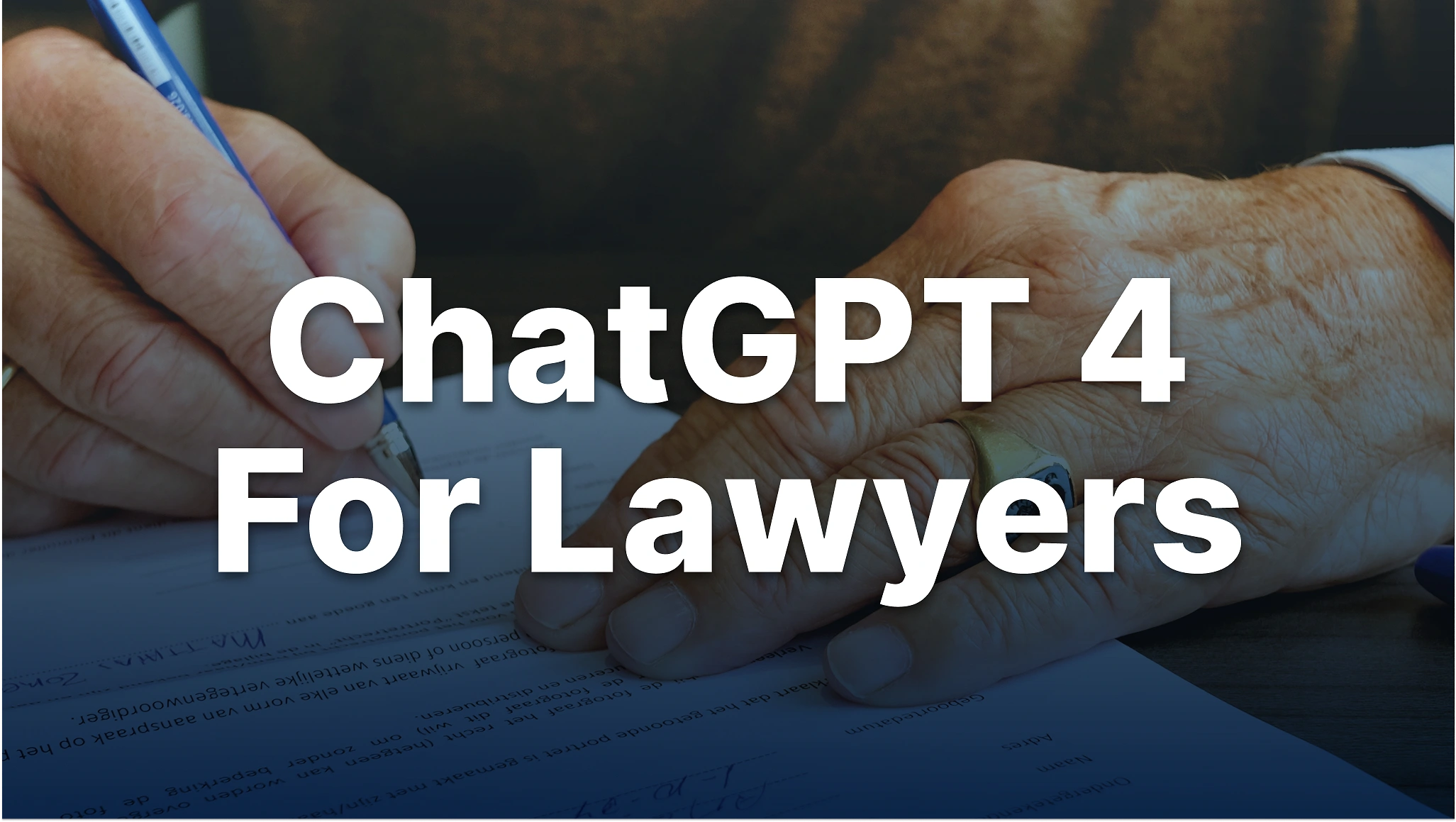Artificial intelligence (AI) is changing the legal industry and AI Prompts for Lawyers are at the forefront of that change. By using good prompts, lawyers can get more efficient, accurate and better at practice.
This guide covers AI prompts for lawyers, what they are, how they work and the benefits.
What are AI Prompts
An AI prompt is a specific instruction or question you give to an AI language model. It’s the starting point for the model’s generation process and tells it what to produce. In the legal context AI prompts can be used to:
- Research Legal: “What are the main cases and statutes for [legal issue] in [jurisdiction]?”
- Draft Legal Documents: “Draft a letter to [recipient] about [legal claim], including: [specific points].”
- Analyze Contracts: “What are the risks and liabilities in this contract.”
- Generate Legal Arguments: “Counter to plaintiff’s claim of [legal theory].”
- Communicate with Clients: “Email to [client] about next steps in their case.
Good Practice for AI Prompts
To get the most out of AI prompts:
Be Specific:
- Say what you want.
- Give context.
- Be clear.
Show Examples:
- Give the AI examples.
- Use real life scenarios.
Tone and Style:
- What tone (formal, informal, persuasive etc)?
- Who is the audience (judge, jury, client etc)?
Try and Refine:
- Try different prompts to get the best results.
- Refine your prompts based on the output.
AI Can Do:
- Process lots of data.
- Ask for summaries, comparisons, analyses.
Lawyers AI Prompts
AI prompts have many uses in the law. Here are some examples:
- Research:
- “Find case law for [principle].”
- “Summarise [case name].”
- “Compare [case 1] and [case 2].”
- Document drafting:
- “Draft a complaint for [claim] based on [facts].”
- “Contract for the sale of [item] with [terms].”
- “Brief for [position].”
- Client Communication:
- “Write to [client] about the pros and cons of [strategy].”
- “Client portal update for [client] on their case.”
- “FAQs for [topic].”
- Legal Analysis:
- “What does [new legislation] mean for [existing law].”
- “What are the legal issues in [document] and how to fix them.”
- “What will happen in [case] based on [facts].”
Ethical Considerations and Limitations
While AI prompts are great, be aware of:
- Accuracy and Truth: AI can produce incorrect or misleading info if not prompted correctly.
- Bias and Discrimination: AI will perpetuate the biases in the data it’s trained on.
- Human Review: Lawyers must review and edit AI content.
- Confidentiality and Security: Don’t share client info with AI.
Conclusion
AI prompts are a superpower for lawyers to get more efficient and productive. By mastering the art of crafting good prompts, lawyers can unleash the full power of AI and stay ahead of the curve.
AI is getting better, so are the possibilities for AI prompts. Lawyers get to streamline, make better decisions and serve clients better.











